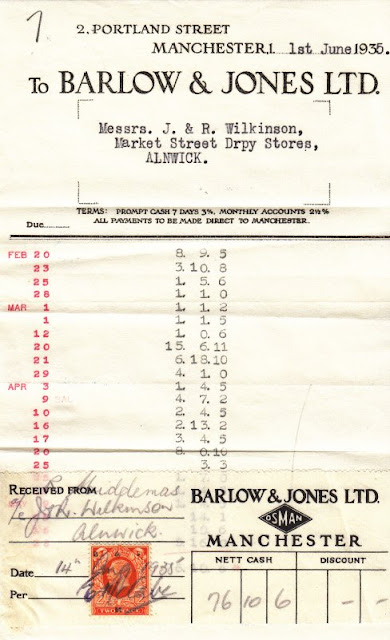The Watford Manufacturing Company began in 1898 as Dr. Tibbles Vi-Cocoa Ltd. In 1899 the company purchased 30 acres of land in Watford and built the Victoria Works factory to make chocolate and cocoa. Dr. Tibbles Cocoa was marketed as a high-energy sports drink. Advertisements claimed of the cocoa: "it restores bodily vigour, raises drooping spirits and promotes happiness." The product was not without controversy, with claims that the cocoa "contained a fair amount of cocaine."
In 1903 a fire destroyed the factory, which was subsequently rebuilt with the new name of the Watford Manufacturing Co. The company developed other businesses on the site including the production of jellies, egg powder, baking powder and pudding powder. Pudding was a very important meal in the Victorian era. The lower classes did not eat pudding very often and it was seen as a frivolous luxury that few could afford. Only milk and sugar were needed to add to the pudding powder to make a very cheap and quick dessert.
Victoria Works factory burning down February 7, 1903
The Watford Manufacturing Company produced munitions during the First World War. Following the War, the company expected an increase in business and invested in the construction of a huge, new factory. However the business did not materialize. The new factory became a white elephant, was left unfinished and bankrupted the company in 1922.
The factory buildings remained empty until 1929 when they were taken over by the British Moulded Hose Company. British Moulded Hose relinquished the factory in 1977 and the building was demolished.
by Mark Matlach



















